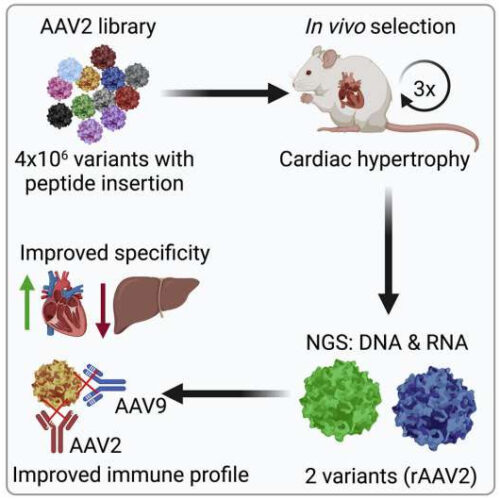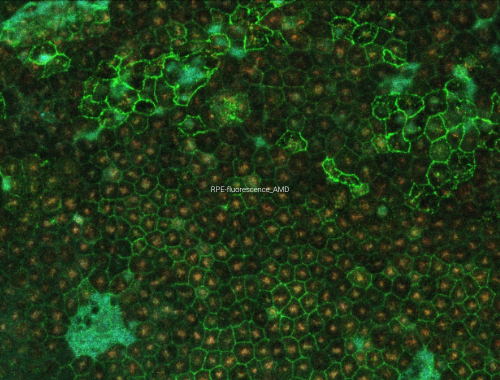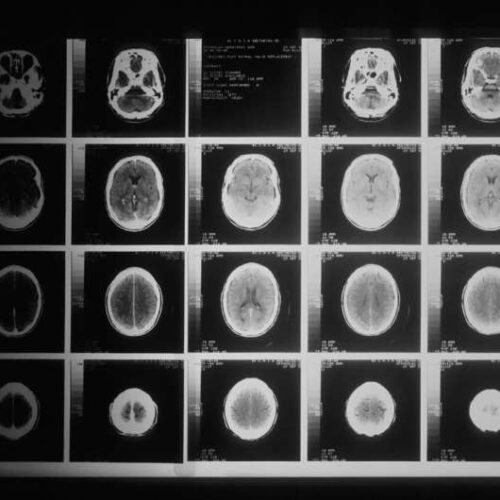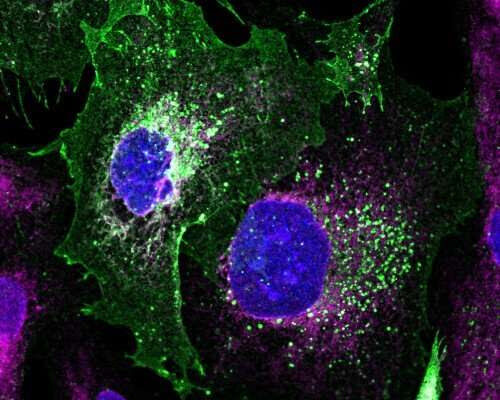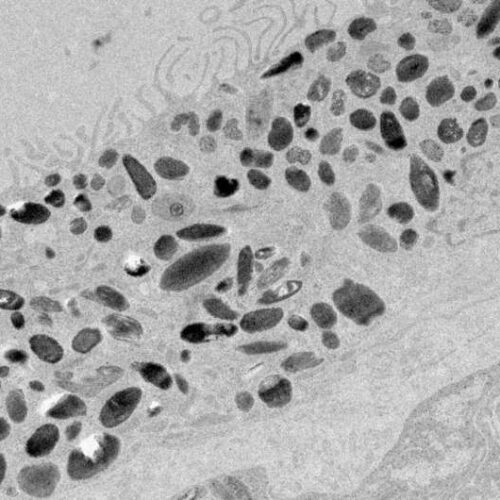by Medizinische Hochschule Hannover Graphical abstract. Credit: Molecular Therapy (2022). DOI: 10.1016/j.ymthe.2022.07.003 Gene therapies aim to cure severe, barely treatable monogentic diseases caused by a defect in a single gene. Medical hopes are correspondingly high. Some gene therapies have already been approved in Europe—for example, for spinal muscular atrophy (SMA), a congenital neuromuscular disease with severe muscle...
Category: <span>Genetics</span>
Genetic clues to age-related macular degeneration revealed
Better diagnosis and treatment of the incurable eye disease age-related macular degeneration is a step closer, thanks to the discovery of new genetic signatures of the disease. Fluorescent imaging of retinal pigment epithelium. Image credit: Dr Grace Lidgerwood / Garvan Institute Scientists from the Garvan Institute of Medical Research, the University of Melbourne, the Menzies Institute for...
A new path for treating brain cancer, with a developed compound
Yale researchers have developed a new class of molecules targeting some deadliest brain cancers while sparing healthy tissue. The discovery, which combines innovative synthetic chemistry and cutting-edge mechanistic studies in molecular biology, offers a potentially powerful new approach to treating drug-resistant glioma tumors that form in the brain and spinal cord. A study describing the...
Scientists to rewrite DNA to cure killer heart diseases
BRITISH HEART FOUNDATION An injectable cure for inherited heart muscle conditions that can kill young people in the prime of their lives could be available within a few years, after an international team of researchers were announced as the winners of the British Heart Foundation’s Big Beat Challenge. The global award, at £30m, is one...
Another byproduct of aging: Hypermutations in the brain
by Bill Hathaway, Yale University Credit: Unsplash/CC0 Public Domain Genetic mutations in early development have been implicated in several psychiatric disorders such as autism and schizophrenia, symptoms of which typically manifest during childhood and early adulthood. However, mutations came in two flavors: those that are inherited and those that occur—spontaneously or induced by the environment—after...
New DNA repair-kit successfully fixes hereditary disease in patient-derived cells
by University of Bristol Image of patient derived podocyte kidney cells repaired with novel baculovirus-vectored approach pioneered by the Berger team. Podocin (coloured in green) is restored to the cell surface as in healthy podocytes. Credit: Dr Francesco Aulicino, University of Bristol Genetic mutations which cause a debilitating hereditary kidney disease affecting children and young...
People respond differently to psychedelic drugs—genetics could be the reason
by American Chemical Society Credit: Pixabay/CC0 Public Domain Cluster headaches, anxiety and depression can be debilitating for people living with these conditions. Psychedelic drugs have shown benefits as treatments for these conditions in clinical studies, but not for everyone. Now, in ACS Chemical Neuroscience, researchers report that one reason could be common genetic variations in one serotonin...
Scientists find surprising link between mitochondrial DNA and increased atherosclerosis risk
SALK INSTITUTE IMAGE: GERALD SHADEL CREDIT: SALK INSTITUTE LA JOLLA— (July 26, 2022) Mitochondria are known as cells’ powerhouses, but mounting evidence suggests they also play a role in inflammation. Scientists from the Salk Institute and UC San Diego published new findings in Immunity on July 26, 2022, where they examined human blood cells and discovered a...
Genetic clues to age-related macular degeneration revealed
by Garvan Institute of Medical Research Black and white electron microscopy imaging of retinal pigment epithelium cells. Credit: Dr Grace Lidgerwood Better diagnosis and treatment of the incurable eye disease age-related macular degeneration is a step closer, thanks to the discovery of new genetic signatures of the disease. Scientists from the Garvan Institute of Medical...
Researchers discover gene that promotes muscle strength during exercise
UNIVERSITY OF MELBOURNE Researchers have identified a gene that promotes muscle strength when switched on by physical activity, unlocking the potential for the development of therapeutic treatments to mimic some of the benefits of working out. Published in Cell Metabolism, the University of Melbourne-led study showed how different types of exercise change the molecules in our muscles, resulting...

